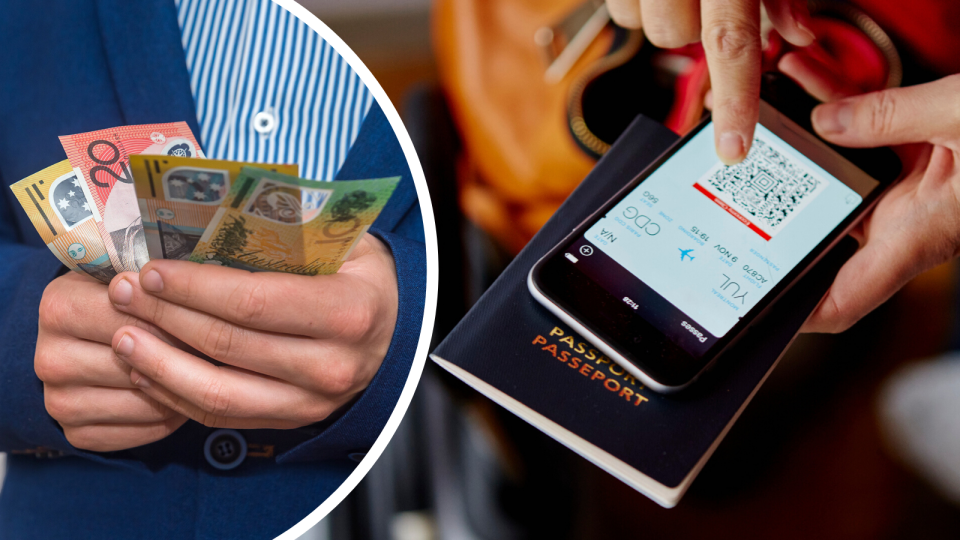How flight prices will move after Covid-19

Much of Australia is still under lockdown and international travel doesn’t look like a possibility until next year, but some travel-savvy experts have taken stabs at where flight prices might end up after the coronavirus crisis.
According to analysis by cheap flights alert platform Dollar Flight Club, flight prices could drop by more than a third (35 per cent) across 2021 when compared to average flight tickets, but are due to rise up in the next five years by more than a quarter (27 per cent).
“Analysing data from past downturns and the initial response from airlines as COVID-19 impacts the industry, we can expect lower airfare prices in the short term, and in the long term, as pent up travel demand picks back up, we will see airfare prices increase substantially above 2019 levels,” according to the Dollar Flight Club report.
Also read: Virgin Australia on brink of collapse, 16,000 jobs on the line
Also read: Virgin Australia in trouble: What it means for your Velocity points
Also read: Qantas, Virgin back in the air from today
This trough and then peak are estimated to be even more than the rises and falls that happened after September 9/11 and the global financial crisis.

We can also expect airlines to cut back on capacity by reducing the number of flights and routes, though this will also lead to ticket prices rising, the report said.
“We can expect at least a 30 per cent reduction in domestic routes between 2020 and 2025 due to COVID-19.”
Airlines will take years to recover – after the global financial crisis hit, passenger traffic didn’t get back to normal until the end of 2013.
You can expect to see “significant cuts” to shorter flights and subsequently demand for train and bus travel will grow.
Airlines will be looking for ways to boost their profitability when travel demand returns - so consumers should be on the lookout for greater fees and charges, such as checked baggage, seat fees, snacks and drinks, and ticket change fees.
When people are allowed to travel again, the most in-demand international destination is Paris, followed by London, Rome, Barcelona, Bali and Amsterdam.
Follow Yahoo Finance Australia on Facebook, Twitter, Instagram and LinkedIn.

 Yahoo Finance
Yahoo Finance 

